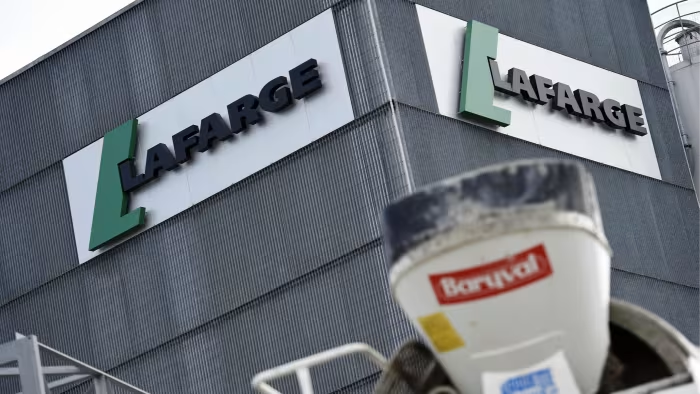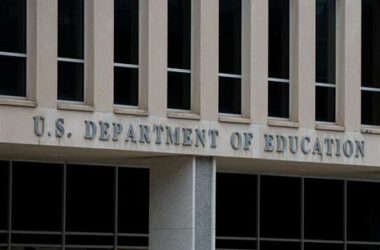A significant dispute has emerged within the Biden administration regarding the allocation of $687 million in assets forfeited by a French company accused of aiding terrorist groups in Syria. The debate, primarily between the State and Justice Departments, involves intricate legal, moral, and policy considerations.
The assets were forfeited by Lafarge, a French cement giant, which pleaded guilty in 2022 to conspiring to provide material support to terrorist organizations, including the Islamic State (ISIS) and the Nusra Front, during Syria’s civil war. Lafarge’s actions aimed to maintain operations at a cement plant in northern Syria amidst the conflict. The company’s successor, Holcim, agreed to pay a criminal fine of $91 million and forfeit $687 million as part of the plea deal.
The crux of the debate is how to utilize these funds. The Justice Department holds the assets in a special account designed to cover expenses related to seizing criminal gains, with excess funds typically reverting to the U.S. Treasury. However, there are calls to direct some of the money to ISIS victims.
Advocates, including a coalition of civil society groups and think tanks, argue that a portion of the funds should aid international victims of ISIS atrocities. The State Department supports this view, proposing the creation of an international fund for ISIS victims. Beth Van Schaack, the U.S. ambassador-at-large for global criminal justice, has been a key proponent of this approach.
Conversely, the Justice Department questions the legal authority of the executive branch to allocate the funds without congressional approval. Officials emphasize that federal law primarily permits forfeited assets to be used for compensating victims with a direct financial loss related to the offense. Some assets may also be shared with foreign governments that assisted in the investigation.
A significant portion of the assets is expected to be sent to France, which cooperated in the investigation and has its own ongoing case against Lafarge. However, the Justice Department has delayed this transfer pending the outcome of France’s investigation.
In addition to international considerations, there are domestic claims on the funds. Human rights lawyers Amal Clooney and Lee Wolosky represent approximately 400 Yazidis and a group of American soldiers and their families, who argue that they are entitled to a share of the assets as victims of ISIS. They contend that Lafarge’s payments to ISIS indirectly contributed to the atrocities committed by the group.
This case marks the first corporate prosecution for providing material support to a terrorist organization, setting a complex precedent for handling such large sums of forfeited assets. The issue reflects broader challenges in balancing legal frameworks, victim compensation, and international justice in the context of terrorism.
While no final decision has been made, the White House and National Security Council have intensified their scrutiny of the issue, highlighting its significance and complexity. The resolution of this debate will likely influence future policies on managing assets linked to global terrorism.








